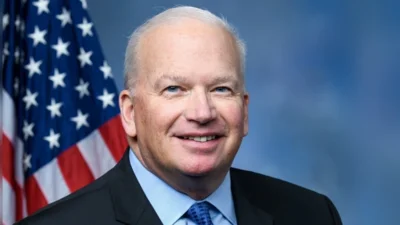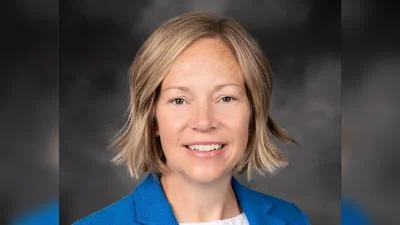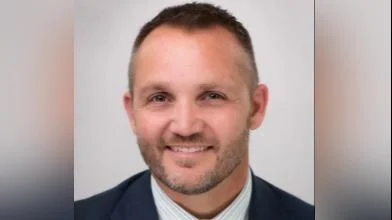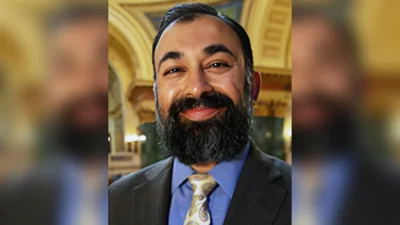Robyn Vining, Wisconsin State Representative for 13th District | Official Website
Robyn Vining, Wisconsin State Representative for 13th District | Official Website
According to the Wisconsin State Legislature's official website, the bill was described as follows: "grants for LGBTQIA+ rights training for school counselors and school social workers and making an appropriation. (FE)".
The following is our breakdown, based on the actual bill text, and may include interpretation to clarify its provisions.
In essence, this bill requires the Wisconsin Department of Public Instruction to distribute grants to school boards to fund training programs on LGBTQIA+ rights for school counselors and social workers. The training, either developed or approved by the department, aims to educate staff on issues surrounding lesbian, gay, bisexual, transgender, queer, intersex, and other nonheterosexual or noncisgender orientations, identities, or expressions. The grants for these programs amount to $2 million annually for the fiscal years 2025-26 and 2026-27. The bill takes effect the day after publication or two days after the publication of the 2025 biennial budget act, whichever is later.
The bill was co-authored by Senator Mark Spreitzer (Democrat-15th District), Representative Clinton M. Anderson (Democrat-45th District), Representative Deb Andraca (Democrat-23rd District), Representative Margaret Arney (Democrat-18th District), Representative Mike Bare (Democrat-80th District). It was co-sponsored by Senator Tim Carpenter (Democrat-3rd District), Senator Kristin Dassler-Alfheim (Democrat-18th District), and Senator Dora E. Drake (Democrat-4th District), along 36 other co-sponsors.
Robyn Vining has co-authored or authored another 40 bills since the beginning of the 2025 session, with all of them being adopted.
Vining graduated from James Madison University in 1999 with a BA and again in 1999 from James Madison University with a BS.
Vining, a Democrat, was elected to the Wisconsin State Assembly in 2025 to represent the state's 13th Assembly district, replacing previous state representative Tom Michalski.
In Wisconsin, the legislative process starts when a senator, constituent, group, or agency proposes an idea for a bill. After drafting, the bill is introduced, numbered, and referred to a committee for review and public input. If approved, it moves through three readings and votes in both the Senate and Assembly. Once both chambers pass the same version, the bill goes to the governor, who can sign it, veto it, or let it become law without a signature. Only a small share of bills introduced each session ultimately become law. You can learn more about the Wisconsin legislative process here.
| Bill Number | Date Introduced | Short Description |
|---|---|---|
| AB316 | 07/08/2025 | Grants for LGBTQIA+ rights training for school counselors and school social workers and making an appropriation. (FE) |
| AB98 | 03/03/2025 | Pupils wearing traditional tribal regalia at a graduation ceremony or school-sponsored event |






 Alerts Sign-up
Alerts Sign-up